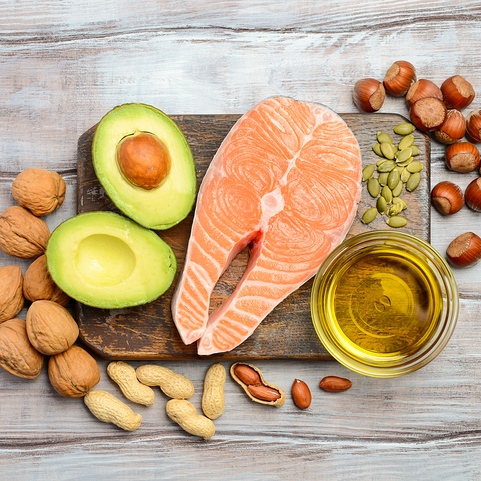Is exercise in your schedule? Let’s do this activity to help you
Exercising is by far one of the most amazing activities for health of the mind, body and soul. Surmounting research outlines the numerous benefits of activity, but why are most people not active? Here are some reasons as mentioned by my patients in my office: sedentary jobs, longer hours at work, lack of interest, fear of gyms, increased time spent on children’s extracurricular sports and increased time spent on social media.
Whatever the excuse, we must “make” time for exercise and keep it a priority in our lives. Did you notice that I used the word “make” instead of “find”? This is something I always tell my patients and coaching clients. If you don’t make the time, time will not be on your side.
Let’s do this now. Pull up your calender/agenda for the month. Look at windows of opportunity to get 30 minutes of activity in 3x per week to start. Mark it down. If you plan on joining a gym, you may want want to look at a 1 hour window 3x per week to take into consideration travelling time. I would try to alternate days so that you are spreading out your workouts every other day at least.
Are morning or evening workouts best? My answer is “when are you most likely to stay committed and have the time”. If evenings get busy and you find many interruptions and/or fatigue sets in, then you may want to choose early morning. If you are not a morning person then you may want to look at afternoon or evening workouts. I would warn you about working out too close to bedtime as this can raise cortisol levels and affect your ability to sleep. I would suggest leaving a 2 hour window between your workout and bedtime. Sleep is just as important for over all well-being.
Now that you have your 3x a week exercise times slotted, decide what you want to do in your time. I always tell my clients, if you like to box, then box. If you love to run outside, then run. If you love to dance, then dance. It is a well known fact that if you enjoy what you are doing, you are more likely to stick to it and get a positive endorphin release that leaves you wanting more!
Team sports is another great way to be active and social. I have always been involved in team sports, specifically soccer and let me tell you, playing 90 minute games is the best workout for my entire body! Team sports can keep you motivated and active (just say “no” to the beers after the game) 😉
Another thing I want you to do is let the people you live with know that this is what you are doing and that their support is going to go a long way. You may even have your family join you in this healthy change to being more active. This may also mean delegating responsibilities like dinner prep and clean up to afford you more time to get healthy.
You are all set! Let me know how you do. Commit to yourself. You will have no regrets! If you require any more help or have questions regarding exercise programs and weight loss, reach out. I used to be a personal trainer for many years and loved motivating people to push their limits, reach new goals and challenge their bodies for optimal results.
If you have been exercising for some time and notice no changes in your health or weight, there may be an underlying condition that needs to be assessed. I am happy to assess your hormonal health and thyroid function to ensure your body is balanced and you are not doing more damage by pushing yourself to work out.
Wishing you an active month ahead!
Dr. Jennifer Cisternino, ND





